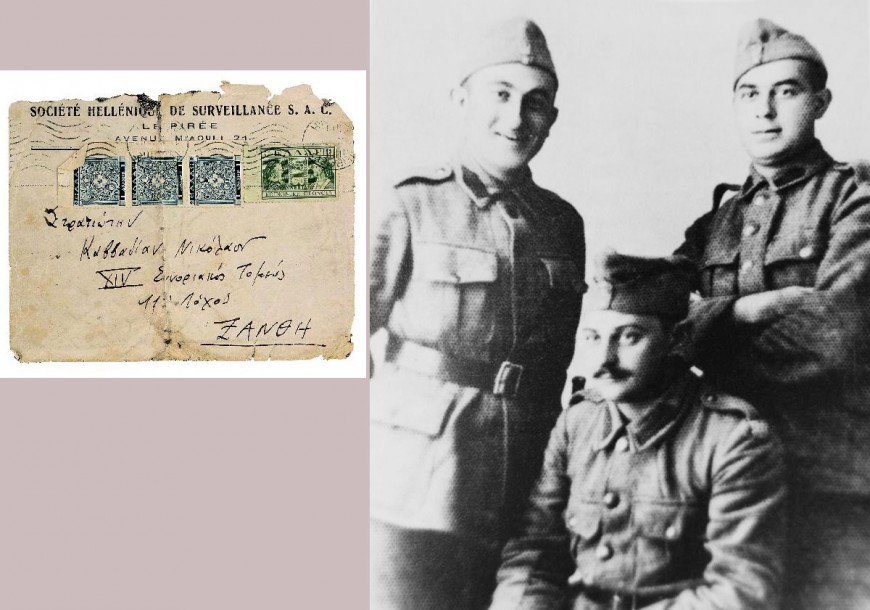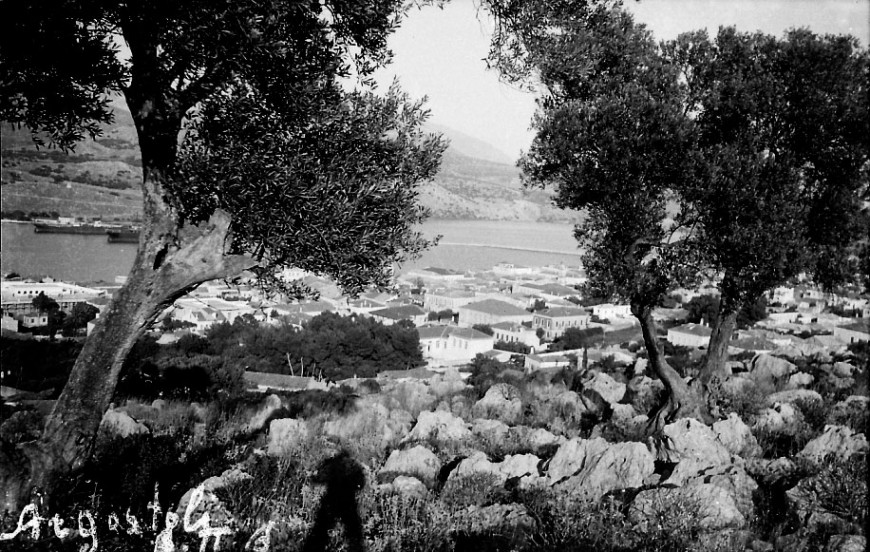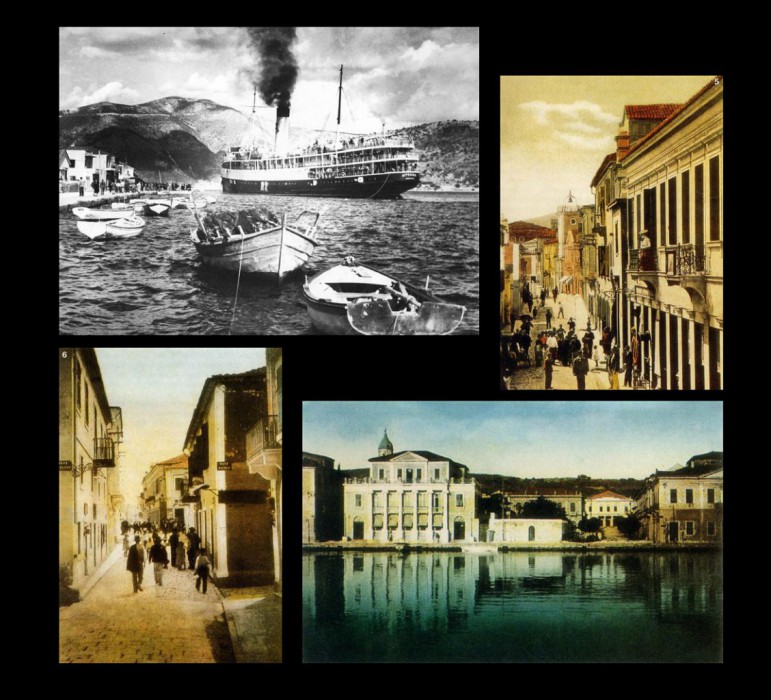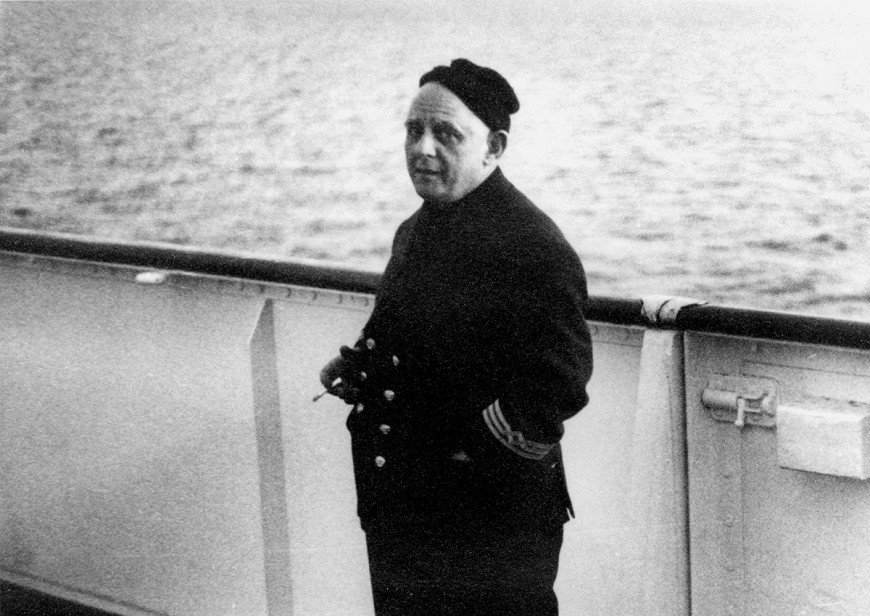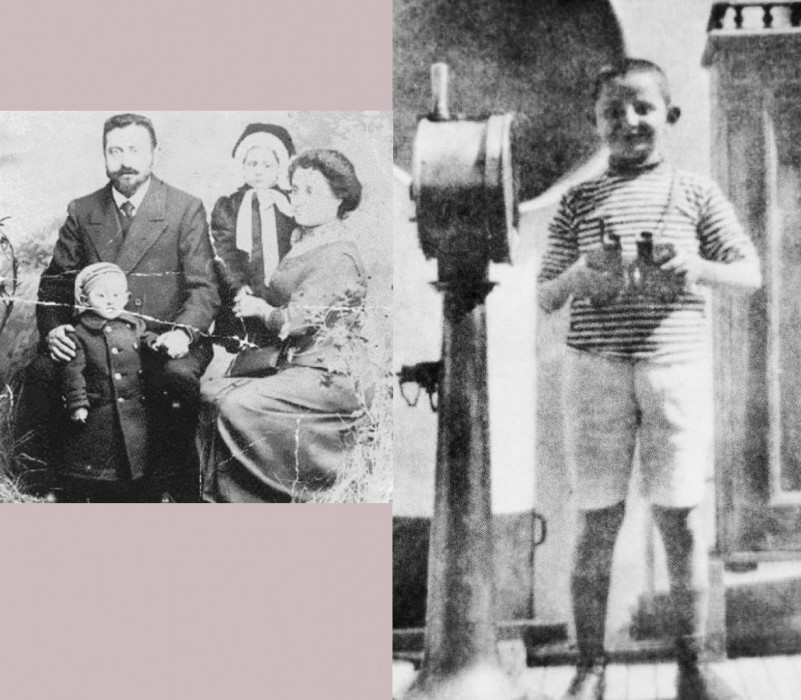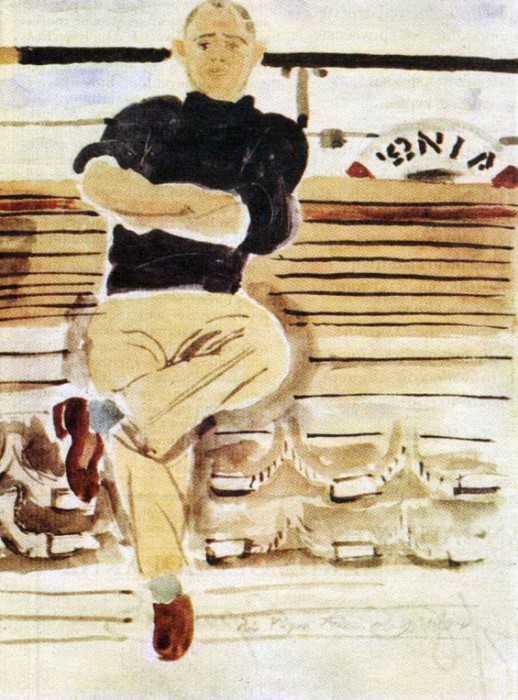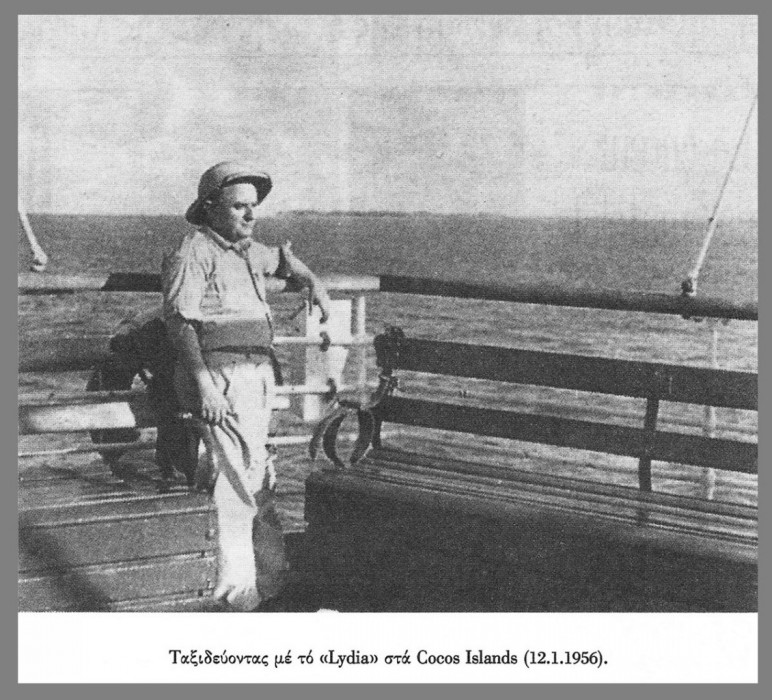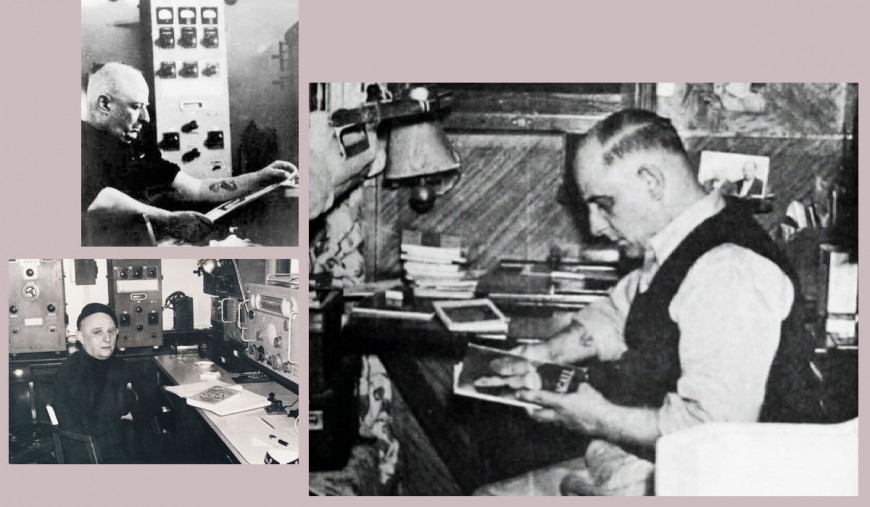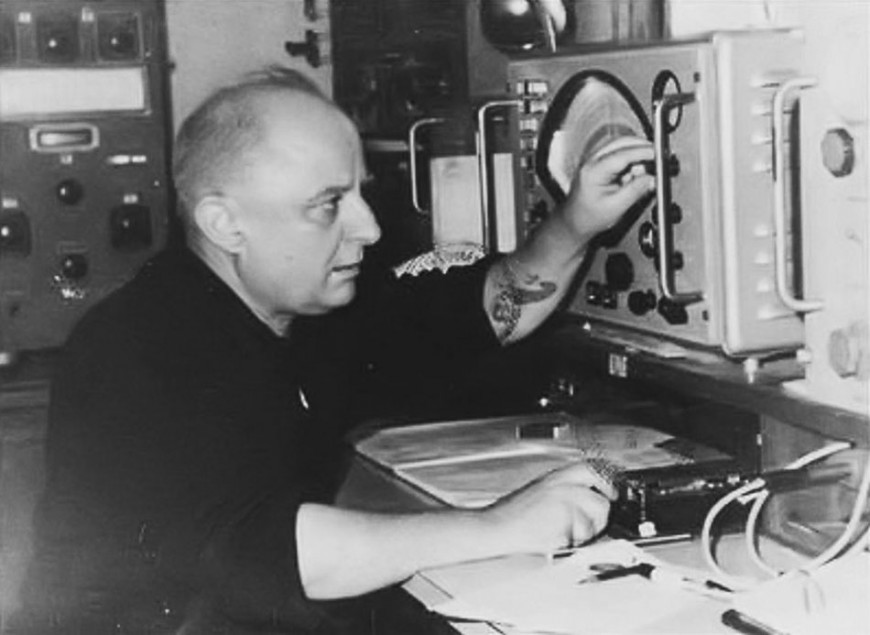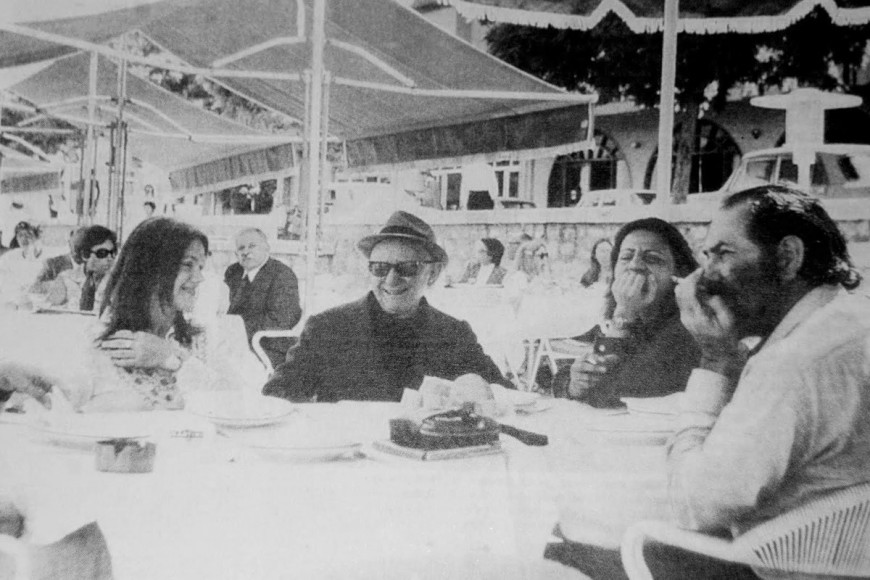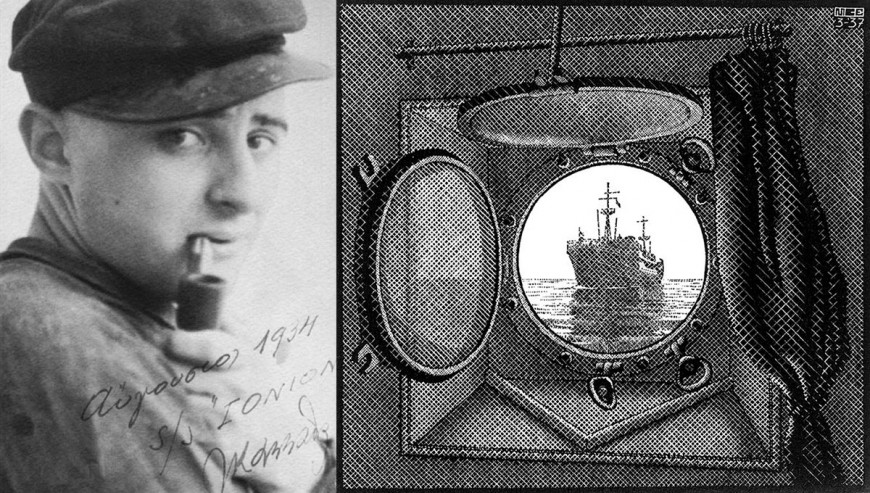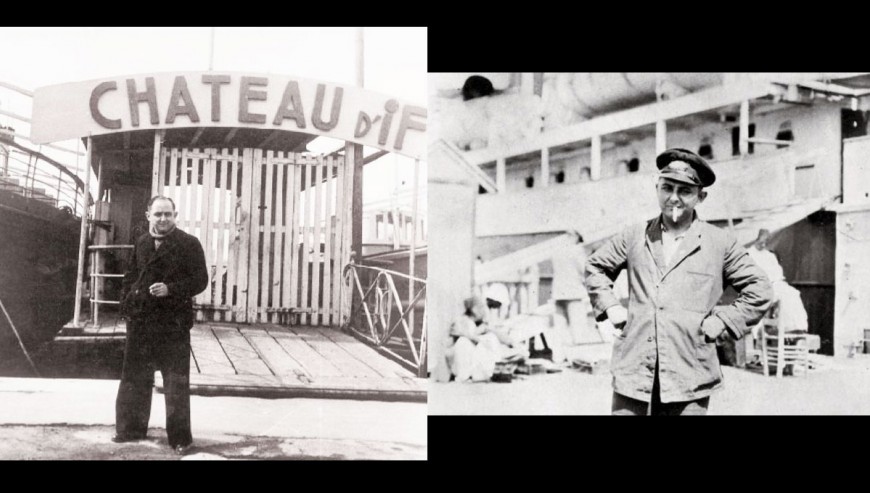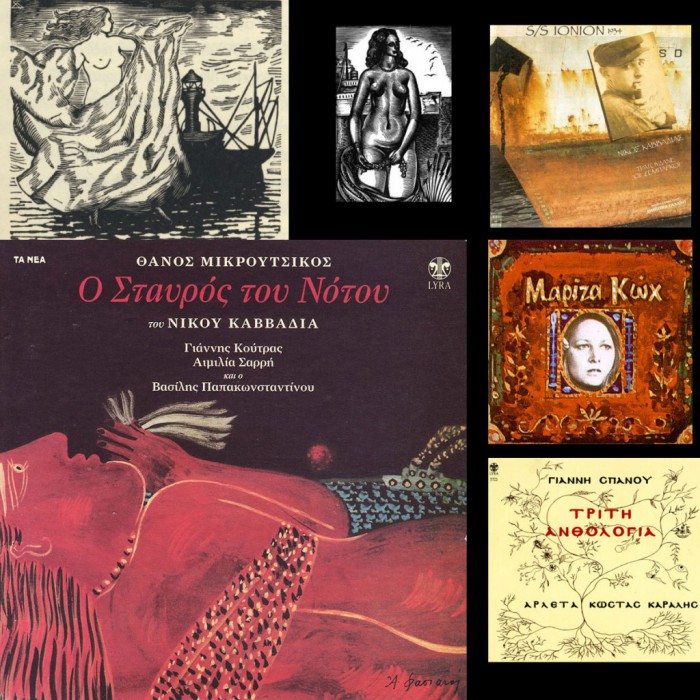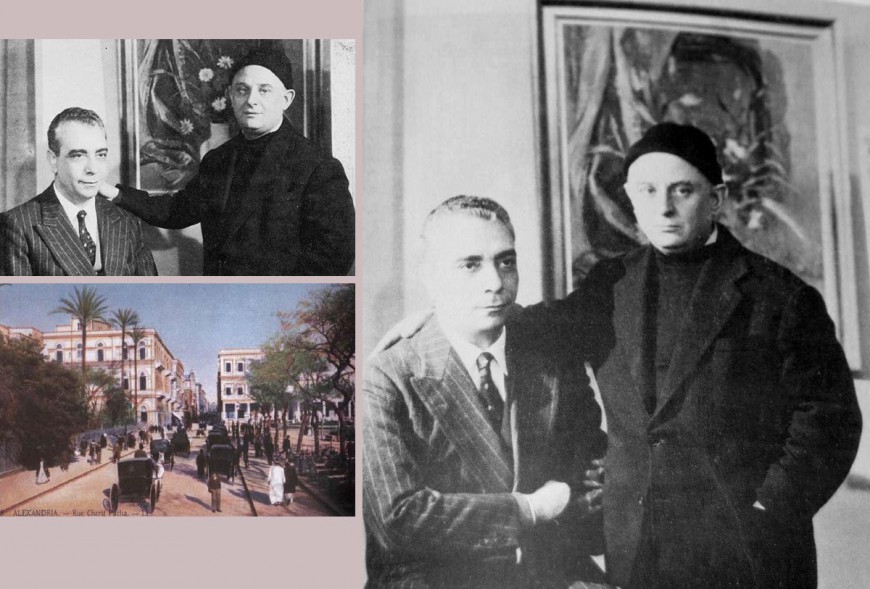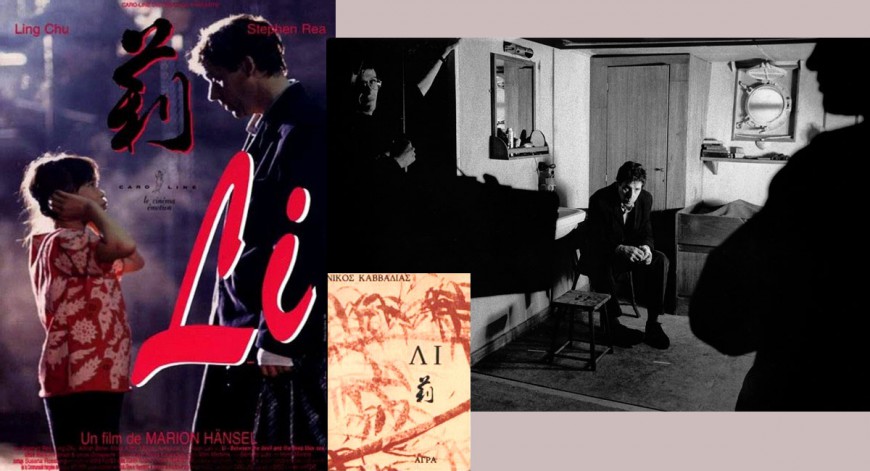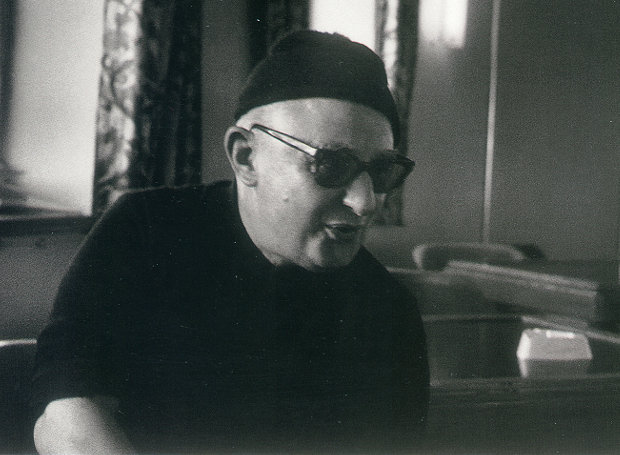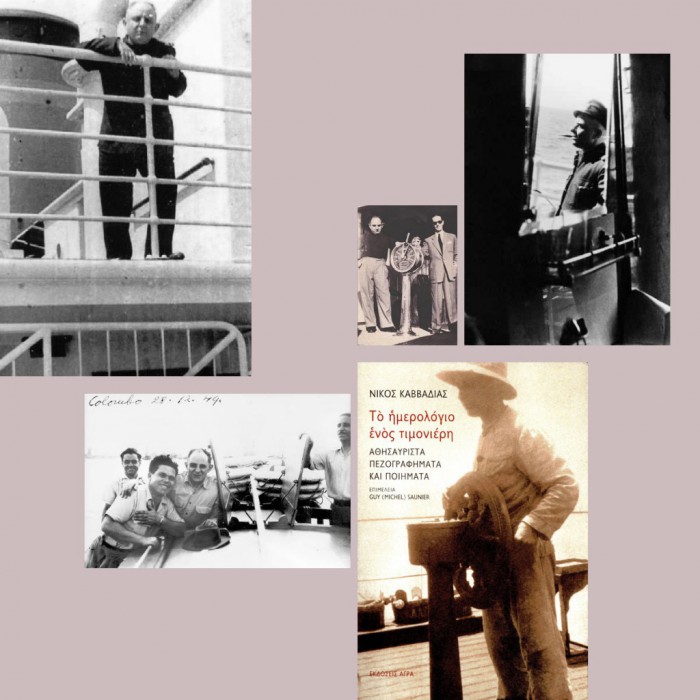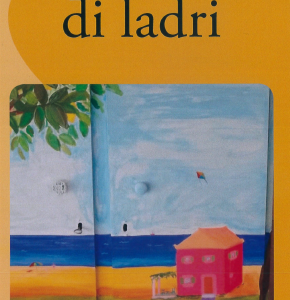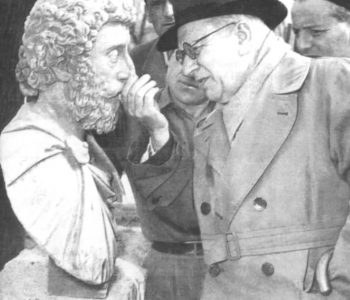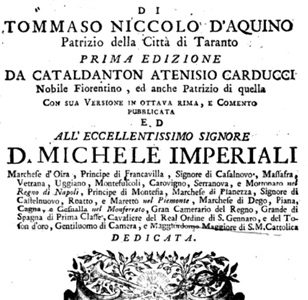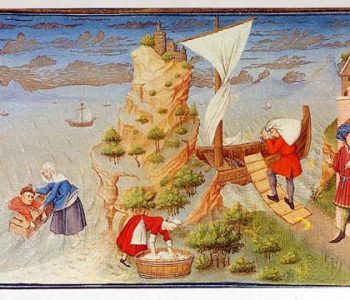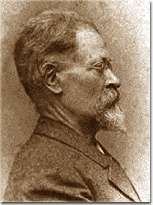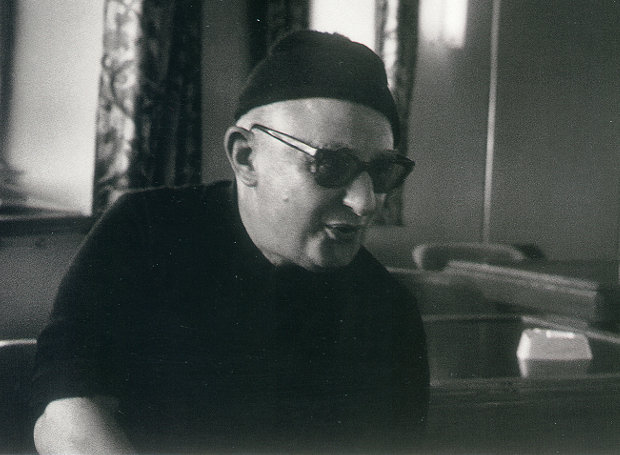
Autore: Kavvadias, Nikos Kavvadias
Data di nascita: 11 gennaio 1910, a Nikolsk-Ussuriysky, una città di provincia nella regione russa di Vladivostok
Genere: Maschile
Biografia: Nikolaos (Nikos) Kavvadias è nato l’11 gennaio 1910 a Nikolsk-Ussuriysky, una città di provincia nella regione russa di Vladivostok, da genitori di Cefalonia, Harilaos Kavvadias e Dorothea Angelatou. In questa piccola città russa nascono altri due figli: Jenny (Eugenia) e Mikia (Dimitris). Suo padre, Charilaos Kavvadias, aveva un ufficio commerciale generale che distribuiva grandi quantità di merci all’esercito zarista.
Nel 1914, con lo scoppio della prima guerra mondiale, la famiglia arriva in Grecia e si stabilisce ad Argostoli, mentre il padre ritorna nei suoi affari russi, dove è finanziariamente devastato. Nel 1917, durante la Rivoluzione d’Ottobre, fu imprigionato. Ritorna in Grecia nel 1921, schiacciato e incapace di adattarsi alla realtà greca. Dopo Argostoli, la famiglia si stabilì nel Pireo. Kavvadias frequenta la scuola elementare ed è un compagno di classe di Yiannis Tsarouchis e Papa-Giorgis Pyrounakis. Al Ginnasio incontra l’autore e il medico della Marina Paulos Nirvanas. Dopo aver finito il liceo, fa gli esami alla facoltà di medicina. Ma allo stesso tempo suo padre muore (ottobre 1929) e Kavvadias è costretto a lavorare in un ufficio navale. Nel novembre del 1928, Kavvadias emette un volantino nautico e si vanta l’anno successivo sulla nave “Agios Nikolaos”, insieme al fratello minore Argyris, nato in Grecia nel 1915. Nel 1933, la famiglia si trasferì dal Pireo ad Atene. La sua casa diventa un luogo di ritrovo per scrittori, pittori e poeti. Nel giugno del 1933 fu pubblicata la sua prima raccolta poetica dal titolo “Marabu”. Partì per l’Albania nella guerra degli anni ’40, dove dapprima servì da corriere per i soldati feriti e in seguito, per la sua specialità di radiotrasmittente, fu utilizzato nella stazione della III divisione. Con la capitolazione dell’esercito greco, ritorna ad Atene a piedi. Durante l’occupazione tedesca, Kavvadias attraversa le linee della Resistenza Nazionale e diventa un membro dell’EAM. Allo stesso tempo, diventa membro del KKE. Appartiene anche alla Society of Greek Writers, nonostante al tempo avesse stampato un solo libro, Marabu, e il limite era di tre libri. Dal 1954 al 1974, viaggia continuamente con pause molto brevi. Durante questo periodo, accadono gli eventi più importanti nella vita del poeta, relativi alla morte di suo fratello minore, Argyri, nel 1957, al rilascio di “Guard” in francese nel 1959, alla ristampa di “Marabou” e “Pusi” in 1961 dalle edizioni Galaksias, la morte di sua madre nel 1965 e la nascita di Filippo nel 1966, figlio del nipote di Elga. Nel 1975, ad Atene, presso la clinica Agioi Apostoloi, ha lasciato il suo ultimo respiro dopo un ictus. Fu sepolto nel primo cimitero di Atene alla presenza di molte persone di lettere e opere d’arte.
Cronologo di Nikolaos Kavvadias
1910 | Nikos Kavvadias was born on January 11th on the riverbank of Nikolsky Usurisky, a small provincial town of Harbin, Manchuria. |
1914 | As a result of the revolution in Sechuan, the Kavvadia family leaves the country and arrives via Turkey to Greece to settle in Argostoli, Kefalonia. |
1921 | The Kavvadia family relocates in March to Piraeus, first on Frangiades Street (Freatida) and then on Voulgari Street 118 (Pasalimani), where Nikos will finish elementary school in Saint Paul with classmates Yiannis Tsarouchis and Papa-Giorgis Pyrounakis. |
1922 | He publishes the four-page student booklet School Satyr (three issues), with texts with rhyme written by him. He collaborates with the The Education of the Children using the nickname “The Little Poet”. |
1927 | He published his first verses in the journal of the Great Greek Encyclopedia under the pseudonym Petros Valhallas. |
1928 | He finishes high school and takes exams for the Medical School. That same year, however, his father became seriously ill, forcing him to take on the financial responsibilities of the family. He will work at the Zografou Maritime Bureau, continuing his collaboration with literary magazines. He is acquainted with the people of letters and art of Piraeus and publishes collaborations in the journal of the Great Greek Encyclopedia, the Intellectual, the Rhythm and the newspaper Piraeus Vima. |
1929 | In October his father dies. As a sailor embarks on the cargo ship “Agios Nikolaos”. |
1930 | From this year begins a period of continuous travel until 1936. |
1932 | His first text, “The Wheelman’s Diary” is published in the Piraeus Vima. |
1933 | The Kavvadia family resides in Athens, in a two-storey residence on 18 Kimolou Street (Kipseli). The Marabu poetry collection, with an introductory note by the poet Caesar Emmanuel, is published in 245 copies by Cyclos editions. |
1938 | As a patron of the family, he does not serve a regular military service but is called for two months of military training in Xanthi. |
1939 | He received his B-Class Radio transmitter diploma, a specialty that would enlist him on all trips after 1945. His family moved to 10 Agios Meletiou Street, where they would all reside for 23 years. |
1940-1945 | He enlisted and fought in Albania. During the German Occupation, he participated in the National Resistance as a member of the EAM sailors at the beginning and then of the EAM writers. |
1945-1946 | During the period 1945-46 he was the head of EAM Literary-Poets. |
1947 | Pousi is released and Marabu is enriched with a second version with three more poems (“Kafar”, “Coaliers”, “Black List”). |
1949 | He was a radio transmitter in Passenger ship “Kyrenia”, which is also mentioned in his poem “The Seven Dwarfs in s / s Cyrenia”. |
1953 | He receives his A-Class Radio transmitter diploma. He travels with the steamers “Ionia”, “Corinth” (April-August), with the “Primas” truck ship (September-November) and again with the steamer “Corinthia” (December). |
1954 | The text Vardia is released (A. Karavia edition). |
1957 | In Kobe, Japan, his younger brother suicide in his cabin, shocking the poet and sinking him into silence. He will re-write a poem only in 1967 (the autobiographical “Kosmas the Indicopleustis”). |
1961 | With the mediation of Churmuzios, the Marabu and Pousi collections are released in the same edition by Galaxias edition of Eleni Vlachou. |
1964 | He moves with his mother and sister to 4 Gelonos Street, Ampelokipi. |
1965 | In May his mother dies. The poet and his sister move to 5 Dinokratous Street (Kolonaki), in the same building where Elga’s beloved nephew lived. He will dedicate “The Tales of Philip” to the Traverse Collection to her son Philip, who was born the next year. |
1968 | He visits Kefalonia with his sister after thirty-five years of absence. There he writes the text Li (Christmas). He will visit the island two more times in 1970 and 1972. |
1969 | On January 3, he writes the text To War. The text Vardia is released in French (N. Kavvadias, En bourlinguant, trad. Michel Saunier, ed. Stock, Paris 1969). |
1973 | Marabu’s and Pucci’s books are reprinted by Kedros editions. |
1974
| In December, he signs the anti-monarchist declaration in view of the relevant referendum (8 December). His health has been shaken and his end is longing. |
1975 | On Monday, February 10, he dies of a stroke at the Agioi Apostoloi Clinic. He will not be able to see his poetic collection Traverso in print. It will be released two months after his death, with a painting of Yiannis Moralis as his front cover (ed. Kedros). |
